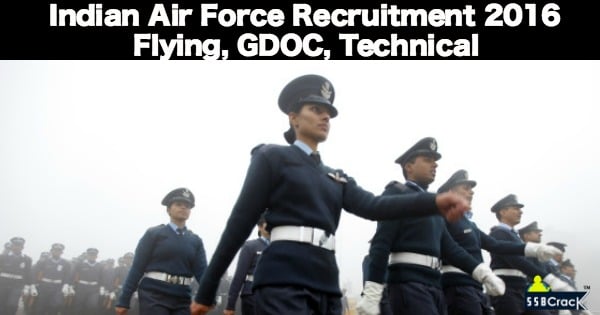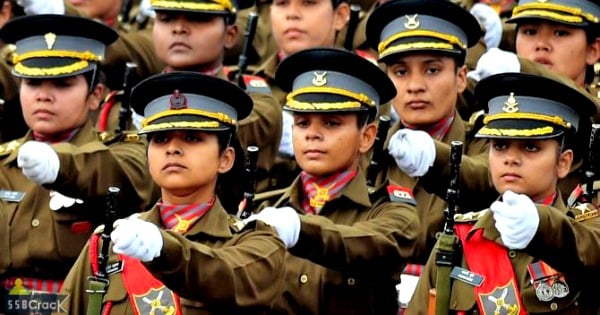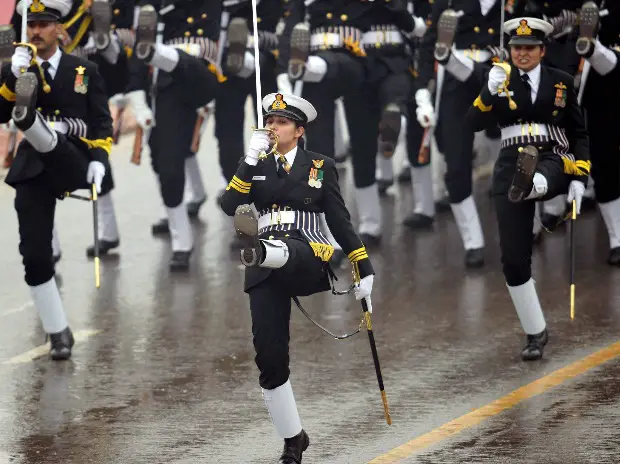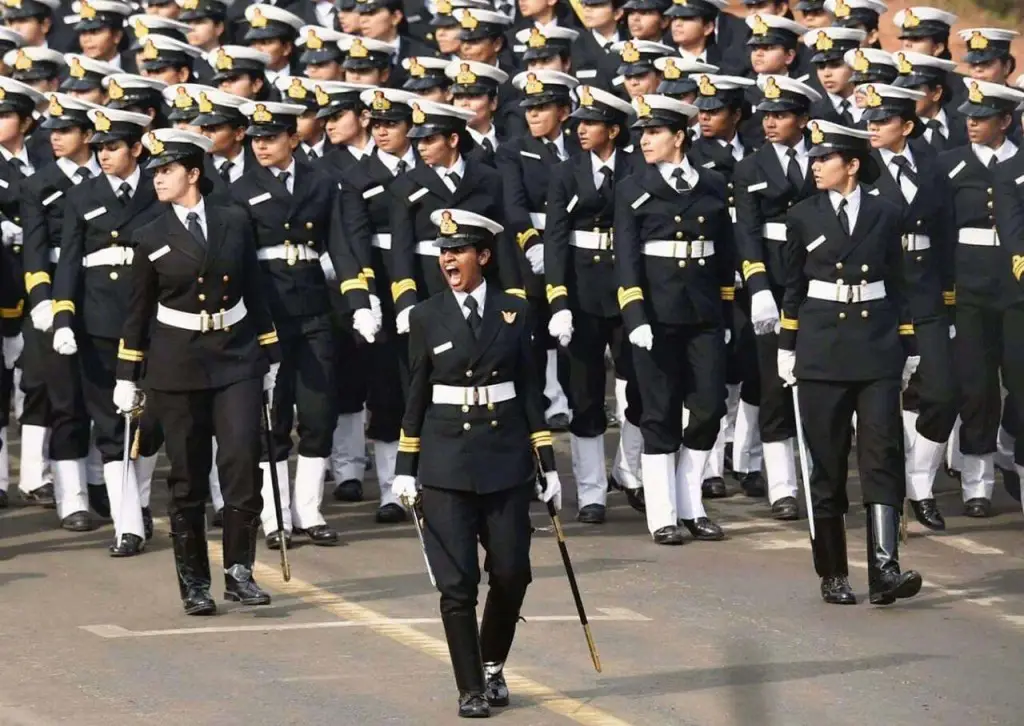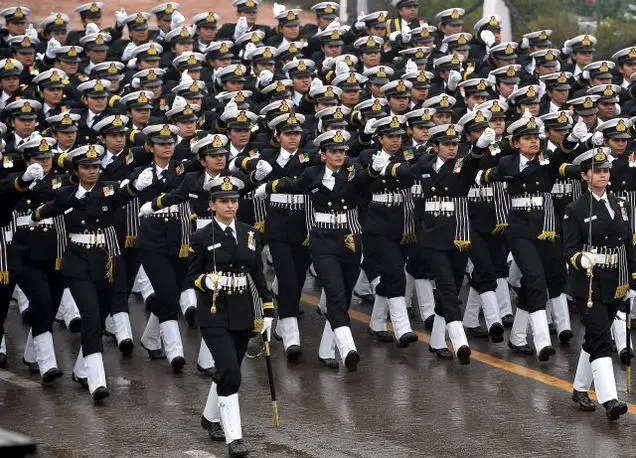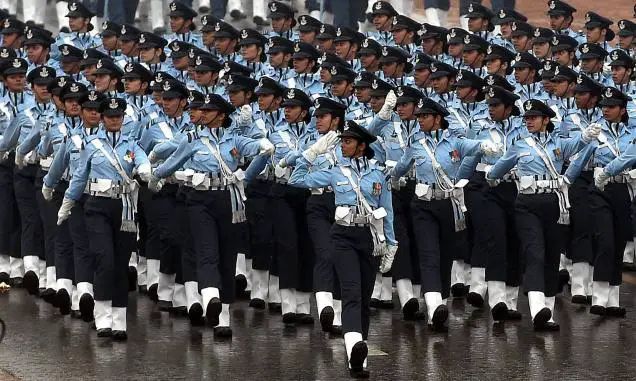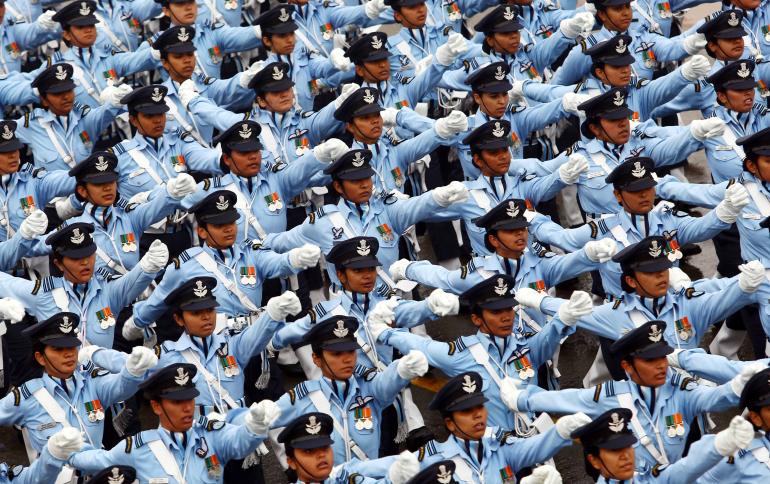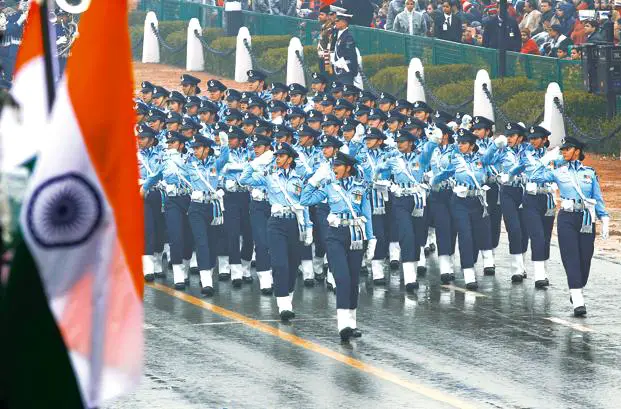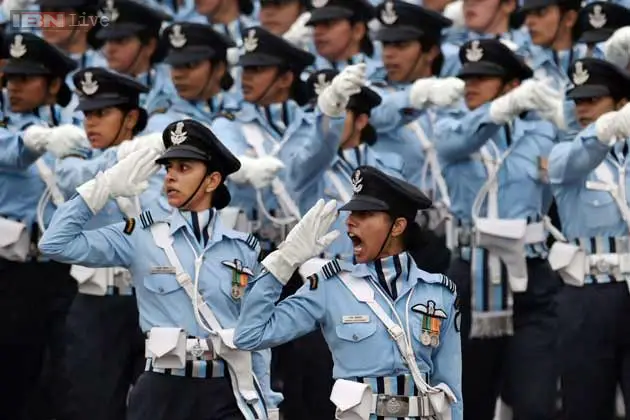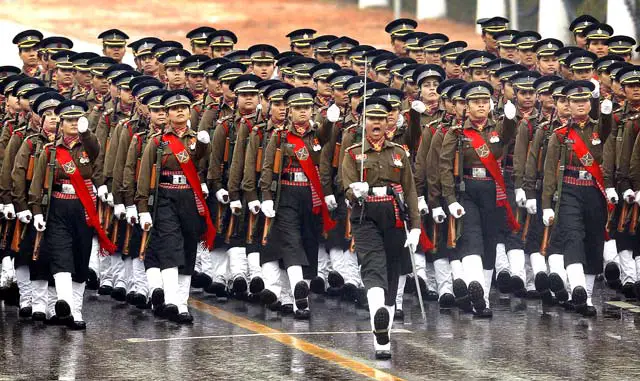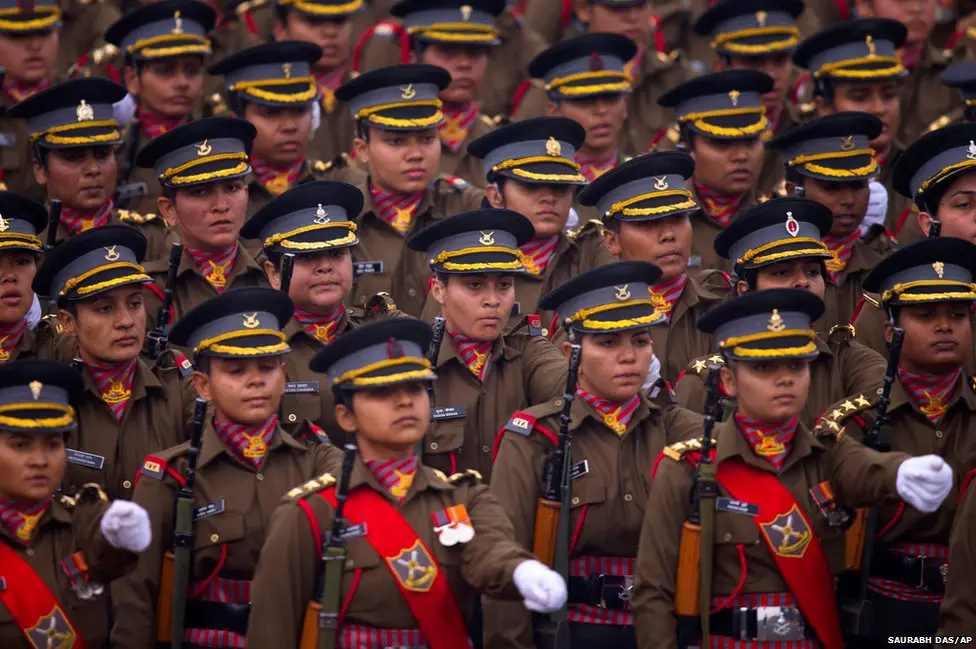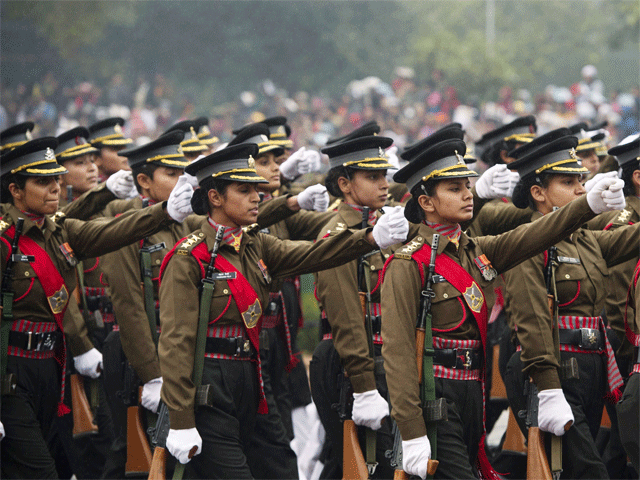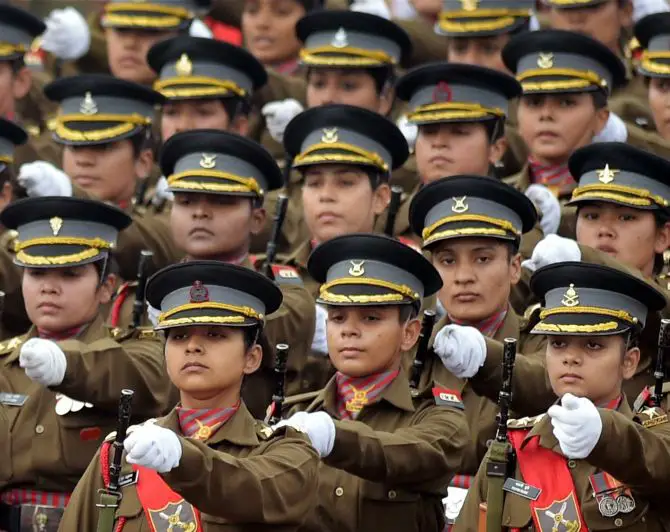Hard work and dedication always pays you and helps you to achieve your goal and leads to success
Hi, my name is Vinod Kumar and I got recommended for Indian Army in my 1st attempt from 34 SSB Allahabad. Before sharing my SSB success story I would like to tell you all something about me. I am a B.E graduate (electronics and communication) and staying in Bangalore since 9 years, basically I am from Uttrakhand. My grandfather and father were part of this prestigious organization and my elder brother is the first commissioned officer in my family in Indian Army and I will be the second commissioned officer in my family. This was my first attempt and I cracked SSB. So, this is my 5 days experience at Allahabad.
Day 1 Screening
We were 188 candidates who reported on 18th October 2015 for 34 SSB, 4 among us were recommended candidates and maximum candidates were fresher. I was given chest number 70 for screening. Same day after breakfast we had our intelligence test followed by PPDT, I attempted all the verbal and non verbal questions and in the story we were shown a hazy picture where a gentleman was Running and 2 ladies(scared) were standing in a forest area. I wrote a story on human and animal safety by making forest area as national park and made the male character as my hero. Few of us narrated our stories well. Since many were fresher in my group, all the candidates wanted to be heard during the group discussion and were shouting. So our group was divided into two subgroup and after that, the discussion went smooth, maximum candidates got chance to speak at least twice. I spoke at least 3 to 4 times and my group accepted my story and concluded the same. Now it was the time for results and I was expecting my number. Results came and they called our chest numbers in random order and I was given a new chest number 4. Total 26 candidates were selected for 2nd stage.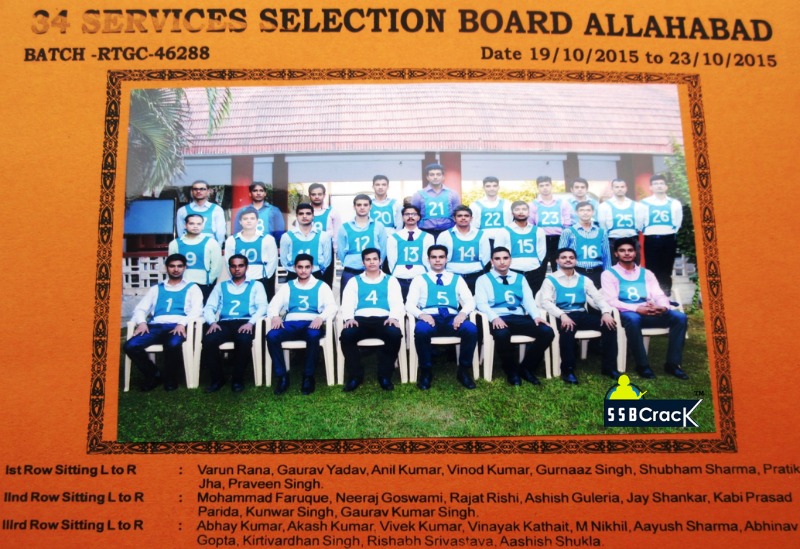
Day 2 Psychology
Next day was psychological test, first test was Thematic Apperception Test (TAT) where 12 pictures (11 clear and 1 blank) were shown to us and I completed all the story in given time. I made the actionable stories on short term goals and in blank story I wrote about my B.E project which I made in my final year of engineering.
In Word Association Test (WAT) I did 57 words, I wrote the first thought whatever came to my mind.
In Situation Reaction Test (SRT) I did only 45 reactions and I was making sure that I write the same response for similar kind of situations and does not show them that I am not a balanced personality. I did not leave any situation in between i.e. I did first 45 SRT because if you leave any situation in between it shows that you are running from situation.
In Self Description (SD) I gave the answers of all the five questions in given time, and wrote 1-2 negative points about me and also gave the measures how I am trying to overcome them.
Always remember, relate your psychology test (TAT, WAT and SD) with your Personal Information Questionnaire (PIQ) form.
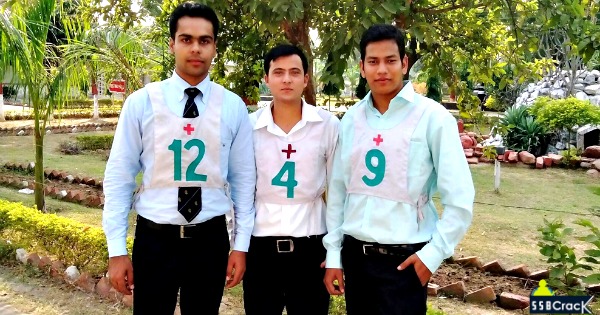
Day 3 GTO 1
3rd day was GTO first day and we were divided into 3 groups, first 9 candidates were in my group, our GTO was lieutenant colonel. First activity of the day was Group Discussion where we were given 2 topics and we choose the 2nd topic which was about ISIS issue in Arab countries and why it is happening is it because of power, religion or government. 2nd GD topic was given by GTO sir was about why Crime against Women is increasing in INDIA. I spoke only 3-4 times in each GD, and all my group members were cooperative in GD.
Next activity was Group Planning Exercise where we were shown a table model map and we had to identify some problem and solve them with the help of group. Everyone had the same priorities of problems and everyone contributed their thoughts in discussion, chest no.5 gave our group plan.
Then it was the time for Progressive Group Task and GTO sir already told us that he needs a firm idea where we can cross the obstacles easily. When we completed 3 obstacles GTO stopped us, I made sure that I contribute my ideas in every obstacle.
In Half Group Task I suggested GTO to divide group in odd even numbers and all group members agreed for it. We completed our task within 5 minutes. I gave 2 ideas and one member gave 1 idea in HGT.
Next task was Group Obstacle Race (Snake Race) and all the teams completed at same time and I helped my group members in all the way possible in all obstacle. Our GTO was happy because we completed it without any penalty.
Then it was the time for lecturette and I spoke about Role of MEDIA in Nation building for around 2mins 40 seconds.
Day 4 GTO 2
On GTO 2nd day we were left with 3 tasks Individual Obstacle, Command task and Final Group Task. Our Individual Obstacle happened, it was in the morning and maximum done by me, chest no 5 and 8 was 10 obstacles.
In Command Task GTO sir called us in random order and I was called by 3 commanders as a subordinate to help them in their task and in my command task GTO gave me bomb task. I completed my command task in 3 different ways as GTO was putting pressure on me. After completing the task by one way he said that area is turned red now, I did it by another way after which he removed the full obstacle and told me to do it from some other obstacle within 3 minutes. I did it from another obstacle in 2minutes. GTO was impressed by my approach and said well done.
Next was Final Group Task in this task GTO sir told us to beat the record time of 2minutes 30seconds made by NDA group. Me and chest no. 5 gave 1 idea each and finished the task n broke the record NDA group. After that GTO gave a small motivational speech.
INTERVIEW
My interview happened on the 2nd day after psychology test. Chest no 1, 2, 3, 4 (me) and 5 were called immediately after psychology test, we did not get much time and directly went to the waiting room . I waited for more than 1 hour and 30 mins before interview. My interview lasted for around 45 minutes.
My interview was taken by President of 34SSB Board, his rank was brigadier. First he asked me how long I have been waiting in the waiting room and what I was doing. I said that I waited for around 1hour 30 minutes and was seeing photos of hot girls in magazine. He gave a smile and asked about the place I am coming from i.e. about Bangalore and Soon after that he started his rapid fire question in that he asked me about my parents, siblings their education , occupation, contribution in family , close to whom and why and about any financial problem I had in past, where I have done my schooling and college , starting from my 10th standard percentage onwards till my graduation percentage, why I got less marks in 12th standard, what all competitive exams I have appeared and there result , why engineering, which was the subject I liked the most and which I did not like and why, which teacher I liked most and which I hated most and why, what type of friends and how many friends I have from 10th standard and which qualities I admire in them and which qualities they like about me, about my pocket money, which were the roles and responsibilities I held during my school and college days, positions and achievements I have achieved in past, my hobbies and interest. Total of 24-28 questions were asked in one stretch and I did not answer 7-8 questions as IO was asking me 3-4 questions in between from the answer I was giving him. Then he repeated those questions again and I answered them.
Next he asked me why I wanted to join ARMY and which regiment I would like join and why, also about my organization where I am working, my role and designation how I got placed in it, good and bad things about organization, about my preparation for SSB before coming to Allahabad and what will I do if I am not recommended. In this he asked me around 15 questions and I answered all. Then he asked me about my sports, extracurricular activities and places I have traveled and why and the craziest thing I have done in my life. Then he asked few GK questions about ISIS, Arab countries, sports and some National news about Bihar election and I answered all of them. When around 35minutes of my interview was over l head tears in my eyes I took permission from IO and wiped off my tear and drank water. IO asked me what happened I replied it is due to high intensity of light and constantly looking at you. He asked me did you show it to doctor I replied yes sir my eyes are absolutely fine.
Then he asked me few more questions about my strength and weakness, how I keep myself fit, what I do in my free time, blood donation camp, college fest, and 2 technical questions and also he repeated few questions which he asked me earlier in interview to check my response about my brother, why I am close to him, about my best friend, what I do in free time and how I prepared for my SSB. Lastly IO smiled and said it was nice talking to you Vinod and you can leave now. I said thank you and came out of the room. My interview was overall satisfactory and I was happy about it.
Day 5 Conference Day
They started conference in normal order. When chest no 3 came out from the conference hall, I was sitting outside 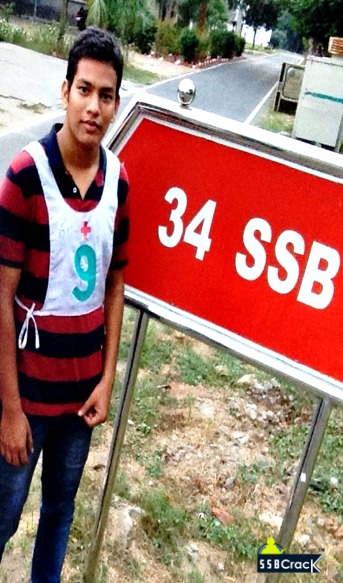 in a chair and they took around 5mins before calling me inside. I entered and wished IO. He asked me about my performance, which all place I visited in Allahabad, and about food and stay. He also asked why my voice is low I replied It is because of shouting Warcry in snake race. My Conference was for around 15-20sec.
in a chair and they took around 5mins before calling me inside. I entered and wished IO. He asked me about my performance, which all place I visited in Allahabad, and about food and stay. He also asked why my voice is low I replied It is because of shouting Warcry in snake race. My Conference was for around 15-20sec.
Finally, it was time for results. The first chest no. called was mine (chest no. 4) I told my chest no. , roll no. and name to all. Only 3 of us got recommended and we were surprised by the result as all of us were fresher and no previously recommended candidate was recommended. Other two recommended with me were chest no. 5 and chest no. 10.
It was one of the best day of my life as next day of my conference (23rd October) was birthday of my elder brother lieutenant Manoj Kumar & this was the best gift I could have ever gifted him and friends finally I have fulfilled my dream of joining the best government organization of India.
For SSB interview preparation purchase this best SSB interview book “Let’s Crack SSB Interview”
You can reach me here: [email protected]


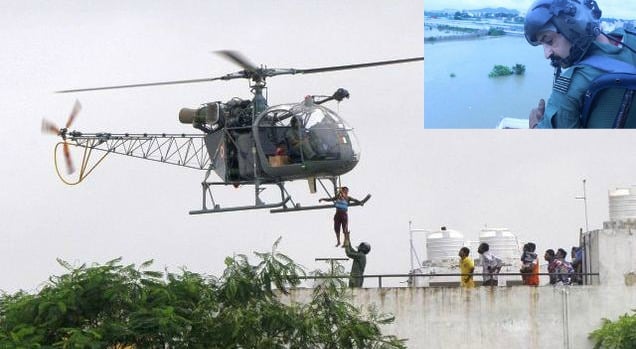
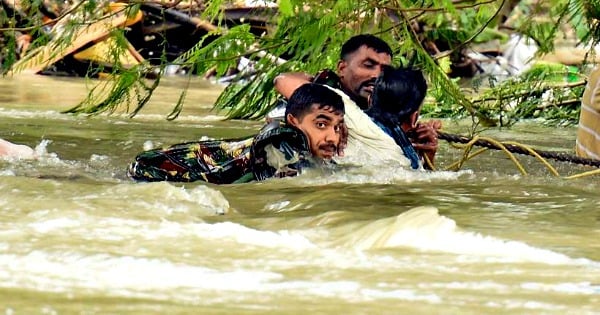
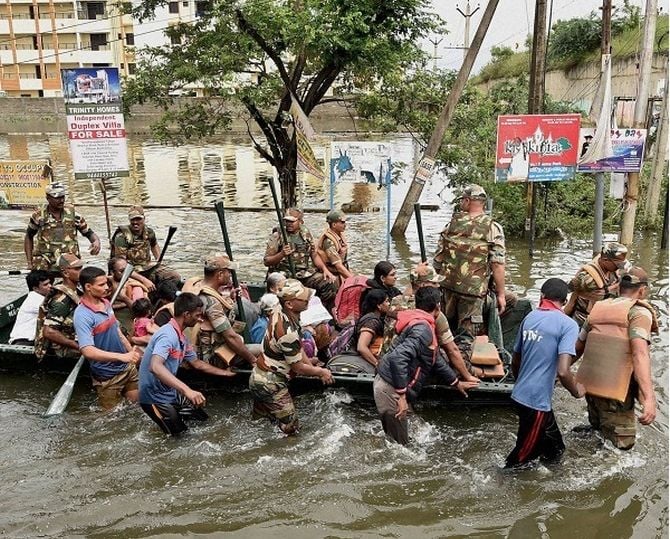
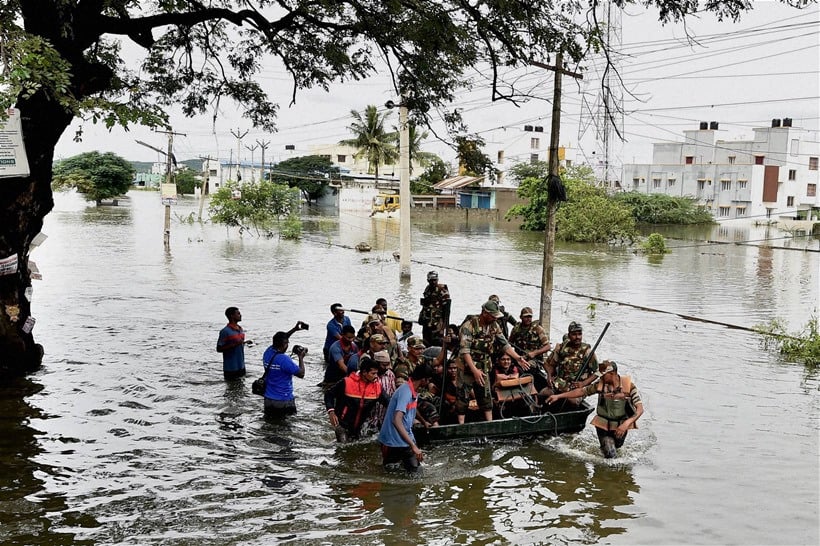
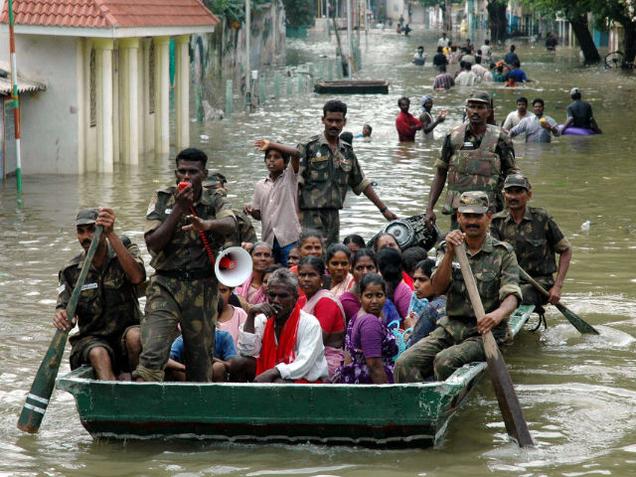
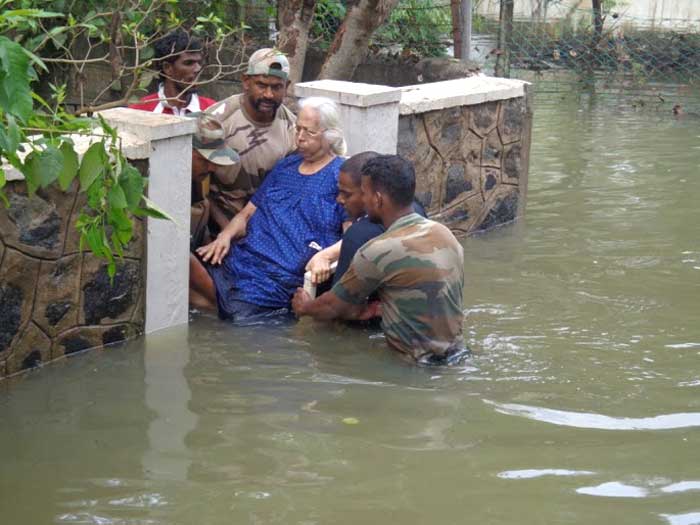
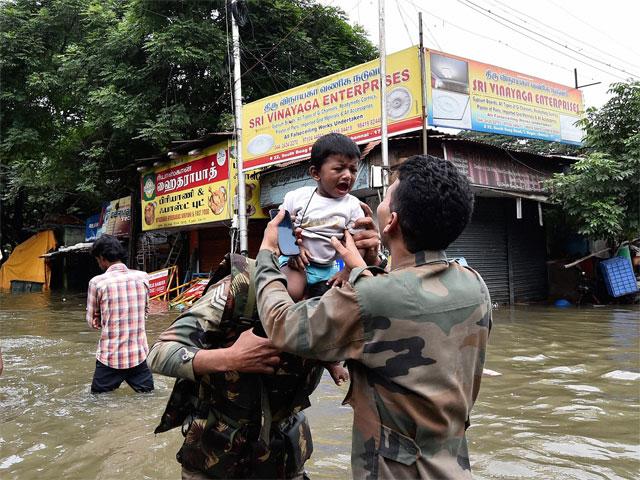
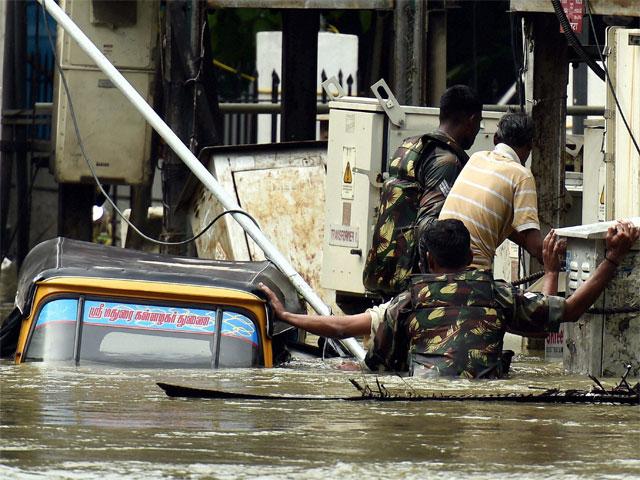
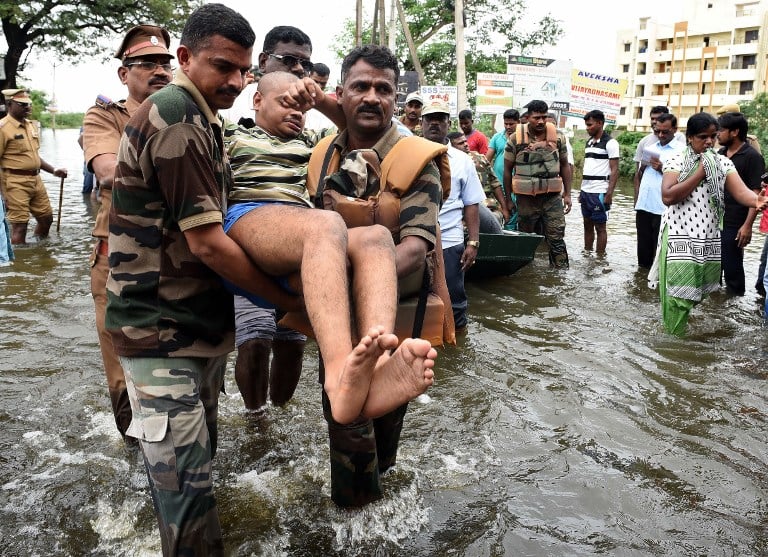
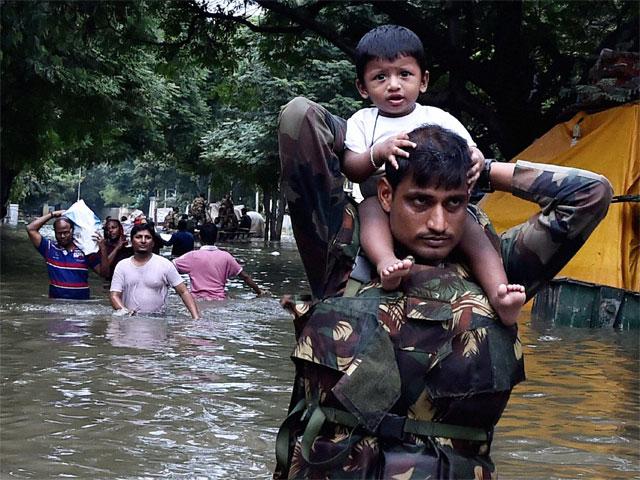
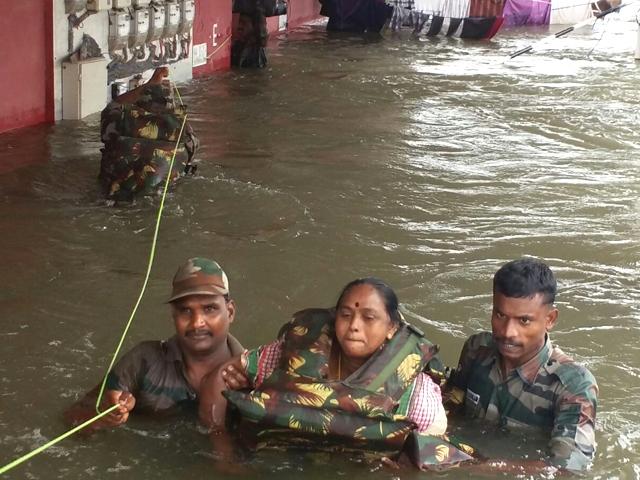
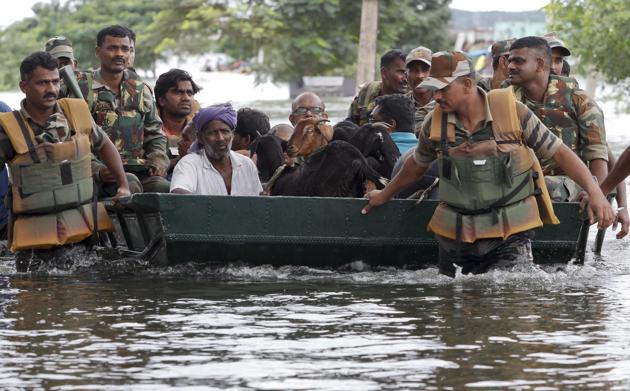
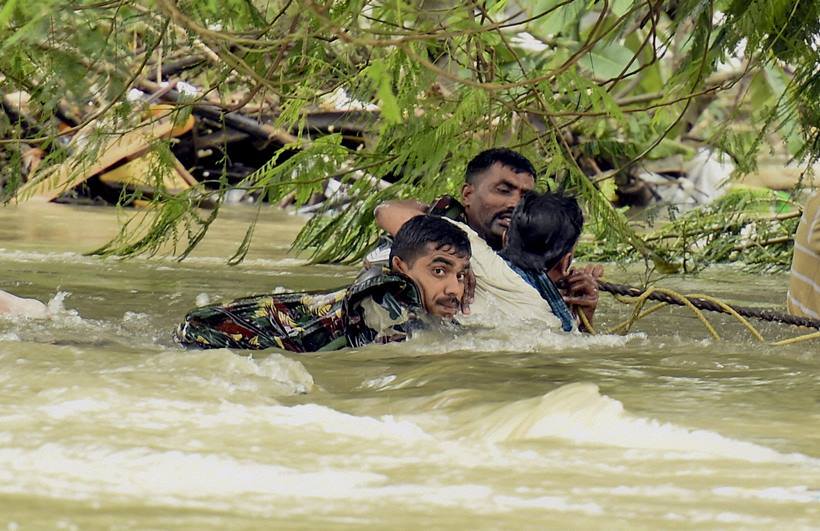
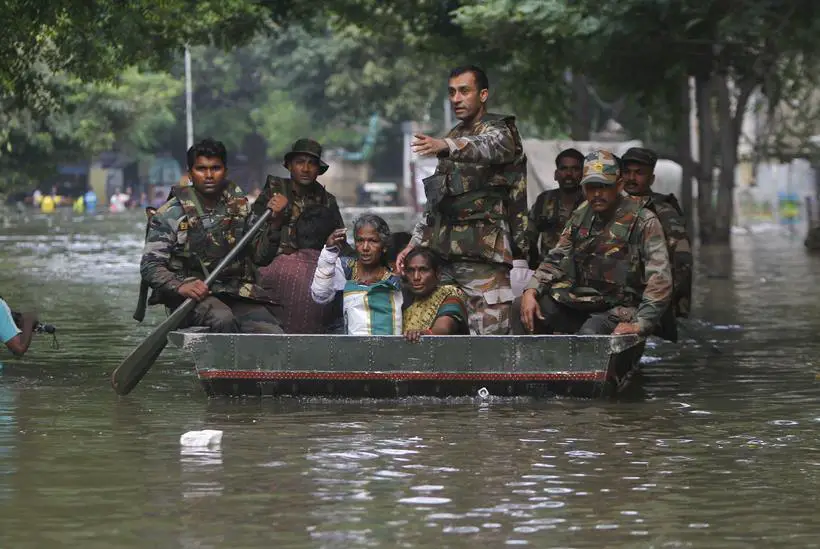
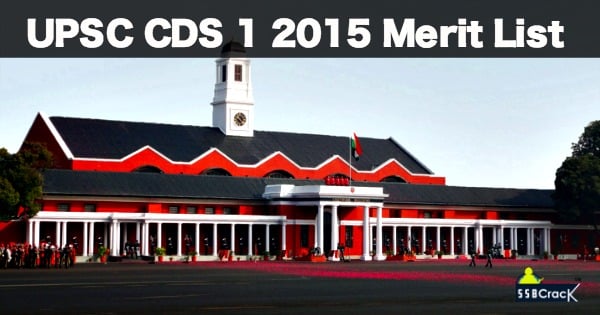


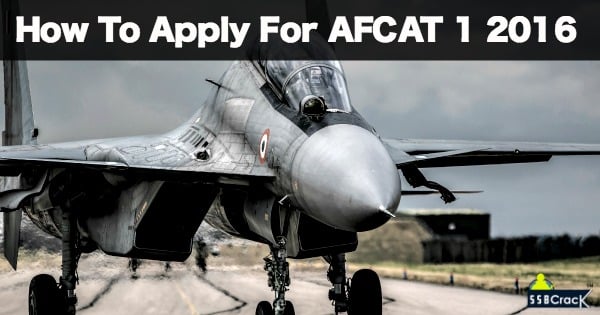
 The process of Application. Your application will be treated as complete only when ALL parts are completed and the form is uploaded by pressing the SUBMIT button. Steps to complete the remaining parts of the Application Form are as follows
The process of Application. Your application will be treated as complete only when ALL parts are completed and the form is uploaded by pressing the SUBMIT button. Steps to complete the remaining parts of the Application Form are as follows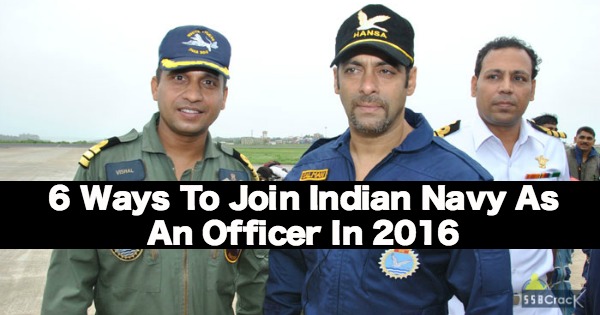

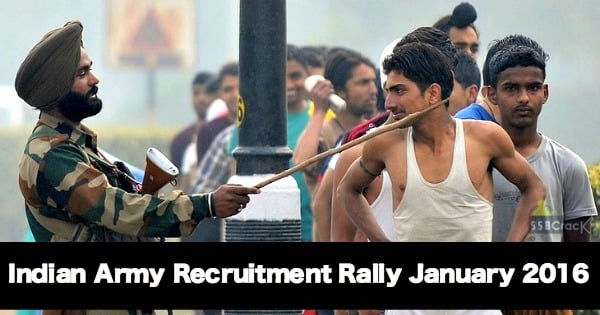
![Indian Army Recruitment Rally January 2016 [Official List]](https://ssbcrack.com/wp-content/uploads/2015/12/Indian-Army-Recruitment-Rally-January-2016-Official-List-1024x531.png)
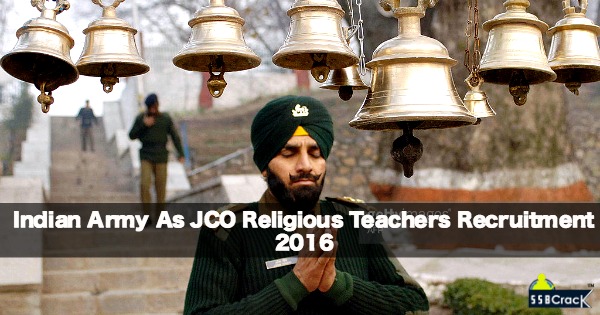




 in a chair and they took around 5mins before calling me inside. I entered and wished IO. He asked me about my performance, which all place I visited in Allahabad, and about food and stay. He also asked why my voice is low I replied It is because of shouting Warcry in snake race. My Conference was for around 15-20sec.
in a chair and they took around 5mins before calling me inside. I entered and wished IO. He asked me about my performance, which all place I visited in Allahabad, and about food and stay. He also asked why my voice is low I replied It is because of shouting Warcry in snake race. My Conference was for around 15-20sec.